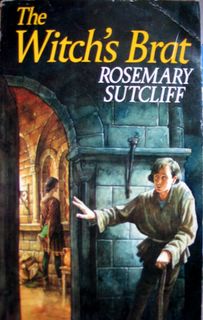THE SHINING COMPANY, By Rosemary Sutcliff, The Bodley Head, Pounds 7.95
Y GODODDIN is not a species of baby-talk, but a tale of bloody strife, said to have been written around the end of the 7th century by the Welsh bard Aneirin. It tells how the High Chief of the Gododdin, Mynyddog Mwynfawr, called a hosting of the Celtic tribes at Edinburgh. There, for the space of a year, he trained a war-band of 300 princes and then unleashed them on the invading Saxons at the Battle of Catterick. Everything went wrong, and only one hero returned from the fray. But his exploits and those of his companions were celebrated by Aneirin in ``the Great Song that others will sing for a thousand years".
Such a theme is natural to Sutcliff's art. She is moved by simple concepts of loyalty and integrity that may be as foreign to today's children's literature as they were to the no-baby-talk Gododdin. But by admitting their possibility, while not shirking the real facts of ferocious woundings and pragmatic betrayals, she still persuades us that a bardic reading of the past is sustainable alongside an awareness of its squalor and its indifferent, but unpolluted, landscapes.






